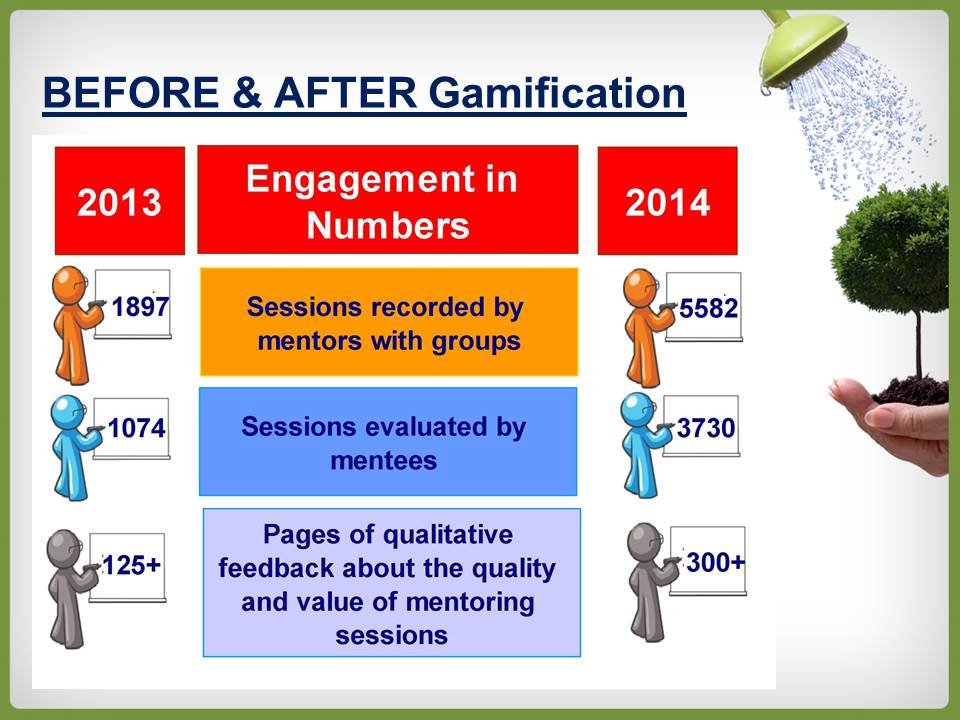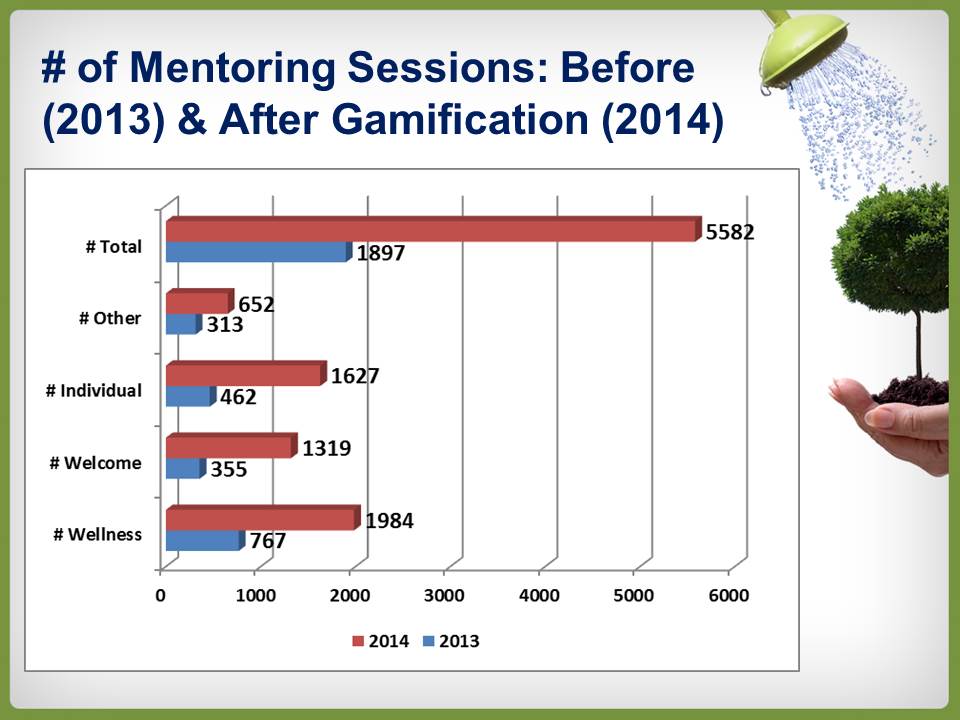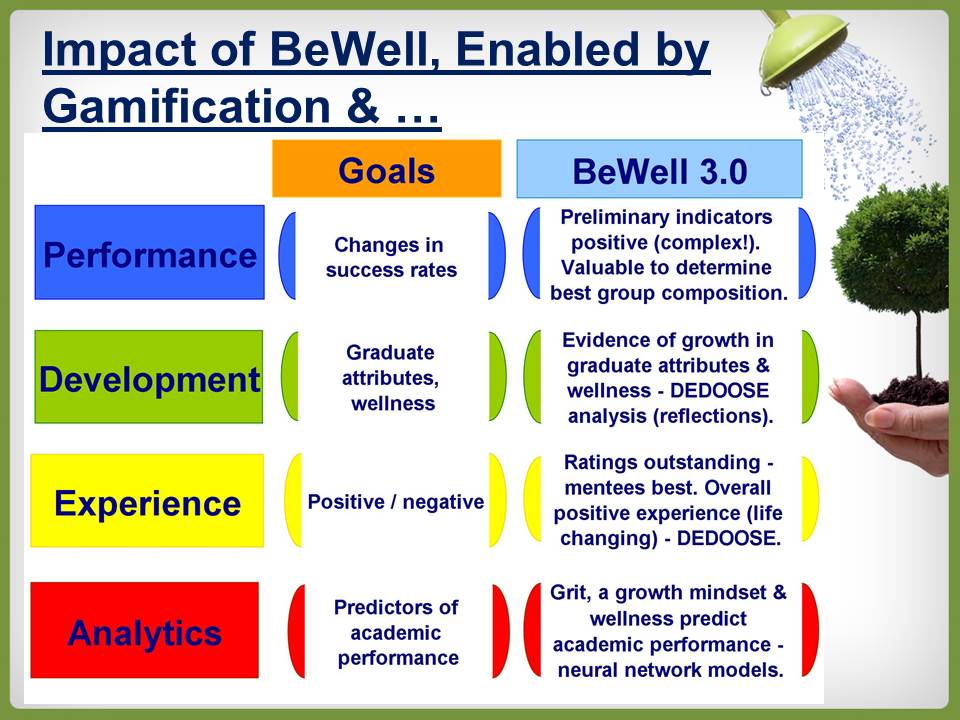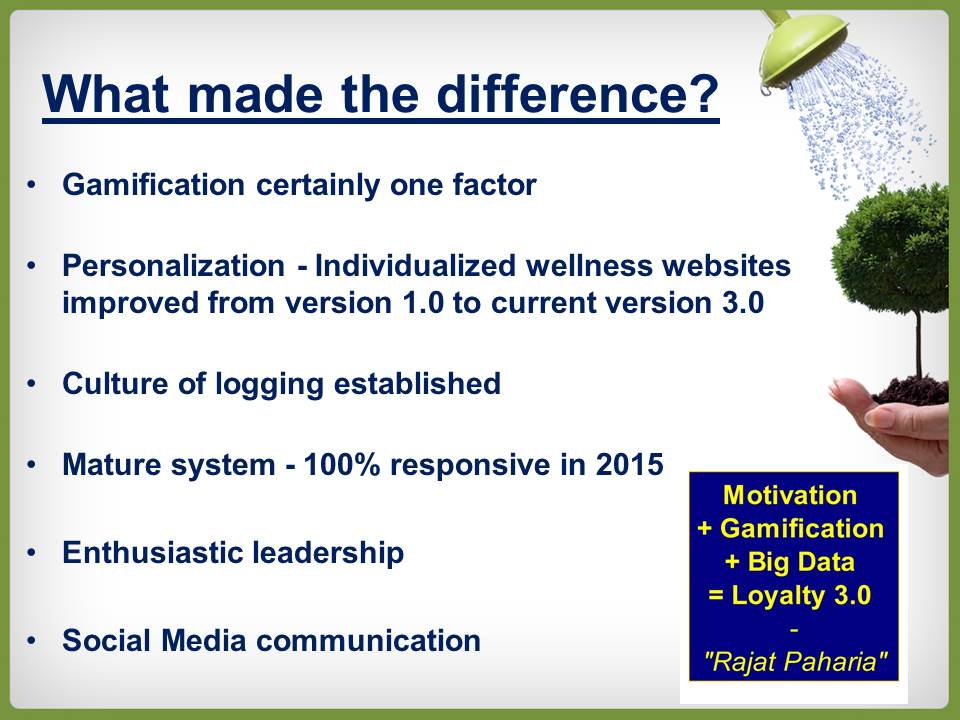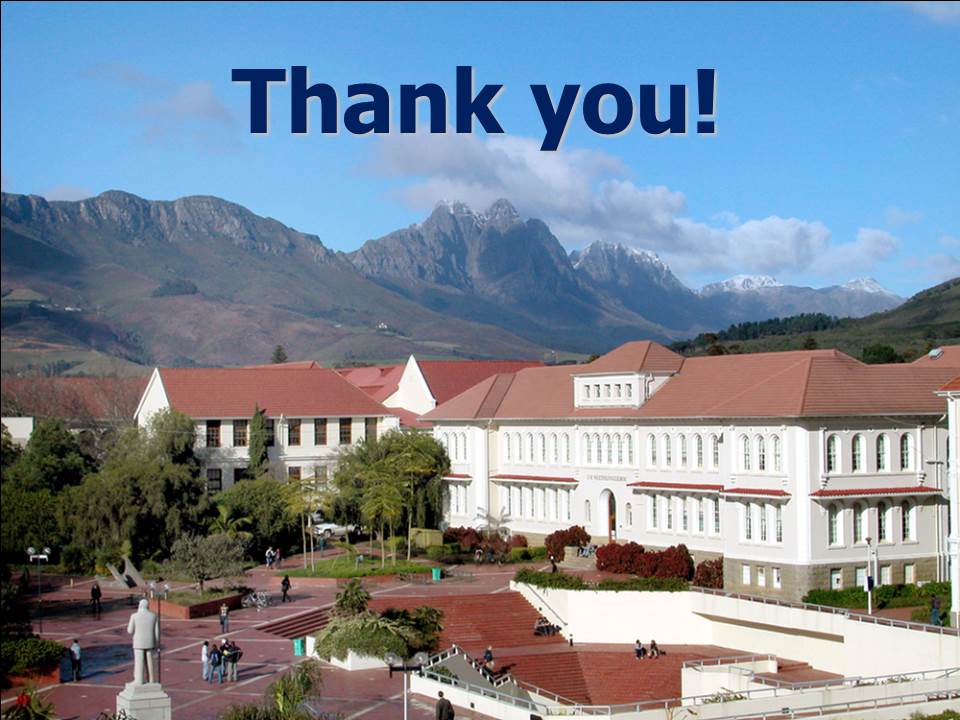At first-year level our university utilises 560 trained mentors to guide approximately 5000 first-year students during their first six to nine months at university. This psycho-social support aims to enhance wellness, to develop positive psychological factors that affect academic achievement and to create a "flourishing" campus culture.
Wellness cards are used by mentors during 10 to 12 one hour sessions with their mentees to facilitate growth and positive discussions. All mentors and mentees are also supported by their own individualized and secure wellness websites with assessments, ebooks, audiobooks, e-workshops, tracking tools for card sessions, journals, profile pages and personalised leaderboards. Online well-being enhancing activities currently include e-workshops on wellness, grit and growth mindsets, and a gratitude and happiness journal.
Gamification principles are integrated within the individualized websites of students to enhance engagement, competition and motivation. Ten primary gamification mechanics (fast feedback, transparency, goals, badges, leveling up, onboarding, competition, collaboration, community and points) were implemented with the aim of enhancing five key intrinsic motivators (autonomy, mastery, purpose, progress and social interaction).
A mixed methods research project evaluation provides evidence of huge increases in student engagement in well-being enhancing activities (partly due to gamification), academic performance gains and positive student development growth.
1. Opening Slide












